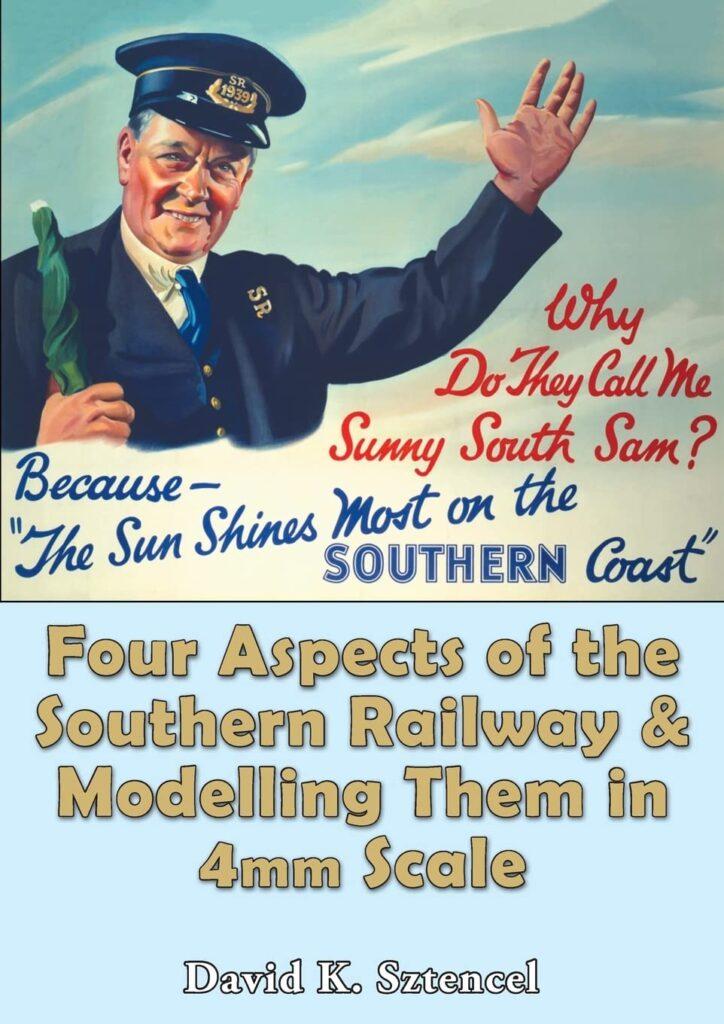DAVID K. SZTENCEL
ABOUT THE AUTHOR -
David Sztencel has been a lifelong railway modeller from the age of five, when he was given the proverbial Hornby-Dublo blow the train set as a Christmas present by his parents. Following many years of working as a buyer and stock controller in the engineering industry, and then a second career involving horticulture, riding stables, teaching and assessing NVQ courses, he is now retired. Besides the railway modelling and being a member of various railway orientated societies, his interests include gardening, reading and listening to classical music, especially opera of the eighteenth and nineteenth centuries.
FOUR ASPECTS OF THE SOUTHERN RAILWAY AND MODELLING THEM IN 4MM SCALE
This book describes four aspects of Southern Railway operation – i.e. the locomotive head signals used to identify trains, for both the mainland and the Isle of Wight; the types/grades of coal carried, together with its uses and origins; the wagons used for the carriage of gas coal, illustrated by those which supplied two specific gasworks; and most of the wagons owned by the Southern Railway, both those inherited from the main constituent pre-grouping companies and those of their own design, together with some wagons owned by other railway companies which sometimes travelled over Southern Railway metals. In all cases the historical information on the prototype has been translated into model form. The book also includes a chapter on how to build a model gasworks, using details of prototype processes for the making of town gas, and fitting this model into a small space.
David Sztencel has been a lifelong railway modeller from the age of five, when he was given the proverbial Hornby Dublo train set as a Christmas present by his parents. Following many years of working as a buyer and stock controller in the engineering industry, and then a second career involving horticulture, a riding stables, teaching and assessing NVQ courses, he is now retired. Besides the railway modelling and being a member of various railway-orientated societies, his interests include gardening, reading and listening to classical music, especially opera of the eighteenth and nineteenth centuries.


